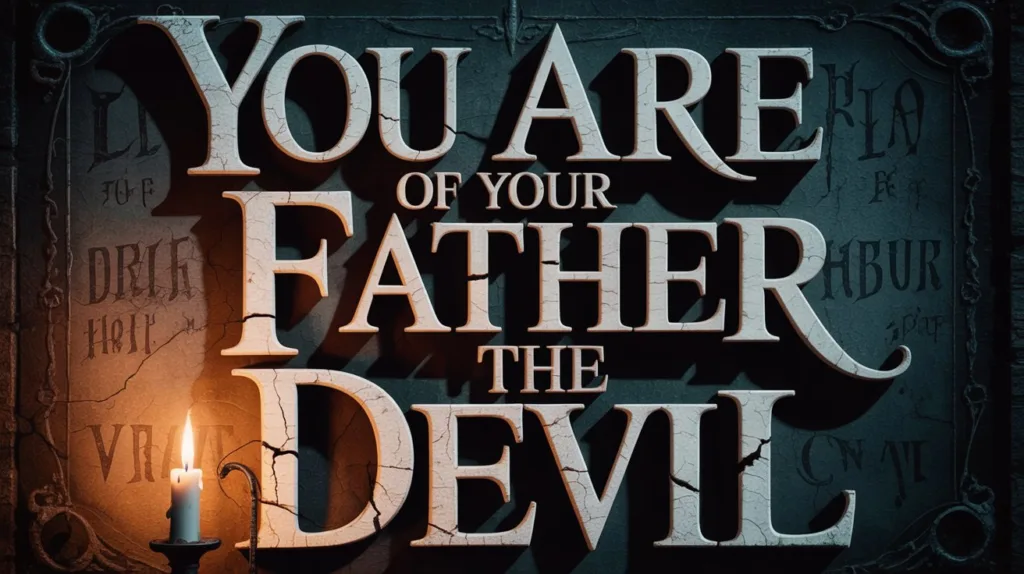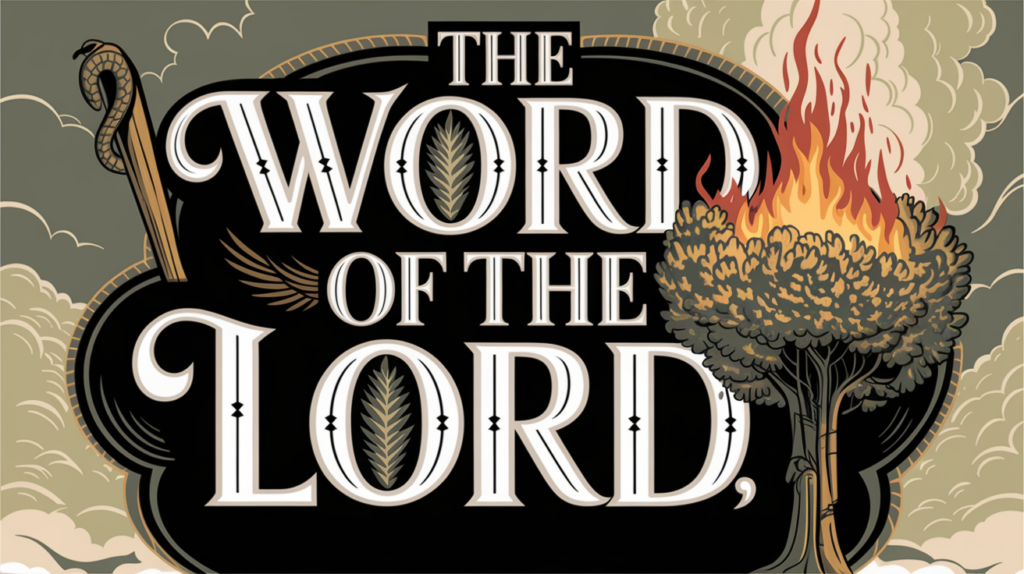The book of Malachi is the last prophetic book of the Old Testament, closing the Hebrew Scriptures with a powerful message of rebuke, warning, and hope. Written around 430 B.C., Malachi addresses the spiritual complacency and corruption of Israel’s priests and people after their return from exile. This book serves as God’s final words to His people before a period of 400 years of prophetic silence, which would not be broken until John the Baptist came as the forerunner of Christ.
Malachi’s name means “My Messenger,” fitting for a book that not only exposes Israel’s sins but also points forward to the coming of the Messiah and His messenger, John the Baptist (Malachi 3:1, Matthew 11:10).
This study will walk through the key themes and passages of Malachi, highlighting its historical context, prophetic warnings, and its fulfillment in Christ.
Background and Context
By the time Malachi was written, Israel had been back in their land for nearly 100 years after the Babylonian exile. Under Ezra and Nehemiah, the Temple had been rebuilt, and worship had been restored. However, spiritual decline set in quickly.
The people had grown indifferent toward God, treating worship as a duty rather than devotion. The priests were corrupt, offering defiled sacrifices, and the people robbed God through neglecting tithes and offerings. Even marriage had become dishonorable, as men divorced their wives to marry pagan women.
Malachi confronted these sins head-on, calling the nation to repentance while prophesying about the coming Messiah, who would bring both judgment and salvation.
Malachi’s Message: A Conversation Between God and His People
Malachi is unique because it is written as a series of disputes between God and Israel. Each section begins with God making a statement, Israel questioning Him, and then God responding with proof of their guilt.
Israel’s Doubt of God’s Love (Malachi 1:1-5)
The book opens with God declaring His love for Israel:
“I have loved you,” says the Lord. (Malachi 1:2)
But the people respond with doubt:
“In what way have You loved us?” (Malachi 1:2)
God reminds them that He chose Jacob (Israel) over Esau (Edom), showing them grace while leaving Edom to judgment (Malachi 1:2-5). Despite their faithlessness, God had been faithful, a truth they refused to recognize.
The Corruption of the Priests (Malachi 1:6 – 2:9)
God rebukes the priests for dishonoring Him in worship:
“A son honors his father, and a servant his master. If then I am the Father, where is My honor?” (Malachi 1:6)
They were offering defiled sacrifices—blind, lame, and sick animals—rather than giving their best to God (Malachi 1:8). God’s response is severe:
“Oh, that one of you would shut the doors, so that you would not kindle fire on My altar in vain! I have no pleasure in you.” (Malachi 1:10)
God warns that because of their corruption, He will reject their priesthood and spread “dung on their faces” as a sign of disgrace (Malachi 2:1-3). This passage foreshadows Jesus cleansing the Temple, rebuking the corrupt religious leaders in Matthew 21:12-13.
Unfaithfulness in Marriage and Divorce (Malachi 2:10-16)
Israel’s spiritual decay was also seen in marriage. Men were divorcing their wives to marry pagan women, breaking their covenant with God and their families.
“The Lord has been witness between you and the wife of your youth, with whom you have dealt treacherously; yet she is your companion and your wife by covenant.” (Malachi 2:14)
God’s verdict is clear:
“For the Lord God of Israel says that He hates divorce, for it covers one’s garment with violence.” (Malachi 2:16)
This passage emphasizes that marriage is a sacred covenant before God, not something to be broken.
The Coming Messenger and the Day of the Lord (Malachi 3:1-5)
One of the most significant prophecies in Malachi concerns the coming of John the Baptist and Jesus Christ:
“Behold, I send My messenger, and he will prepare the way before Me. And the Lord, whom you seek, will suddenly come to His temple.” (Malachi 3:1)
This prophecy was fulfilled in John the Baptist, who prepared the way for Jesus (Matthew 11:10). The passage also speaks of the refining fire of Christ:
“He will sit as a refiner and a purifier of silver; He will purify the sons of Levi.” (Malachi 3:3)
This points to Jesus’ first coming, where He purified His people through the gospel, and His second coming, where He will judge the wicked.
Robbing God in Tithes and Offerings (Malachi 3:6-12)
God directly confronts Israel about their failure to give:
“Will a man rob God? Yet you have robbed Me! But you say, ‘In what way have we robbed You?’ In tithes and offerings.” (Malachi 3:8)
Because of their neglect, they were experiencing curses. But God offers a challenge:
“Bring all the tithes into the storehouse, that there may be food in My house, and try Me now in this,” says the Lord of hosts, “if I will not open for you the windows of heaven and pour out for you such blessing.” (Malachi 3:10)
This is the only place in Scripture where God says, “Test Me.”
The Book of Remembrance and the Coming Judgment (Malachi 3:13 – 4:6)
While many were unfaithful, a remnant remained true to God:
“Then those who feared the Lord spoke to one another, and the Lord listened and heard them; so a book of remembrance was written before Him.” (Malachi 3:16)
God promised that they would be His on the day of judgment, while the wicked would be consumed like stubble in a fire (Malachi 4:1). The book ends with the prophecy of Elijah, referring to John the Baptist, who would come in the spirit of Elijah before the great and dreadful day of the Lord (Malachi 4:5-6, Luke 1:17).
Final Thoughts: Malachi’s Relevance Today
Malachi speaks to a people who had grown numb to God. They went through the motions of worship, but their hearts were far from Him. Even today, many profess faith but treat God with indifference. Worship becomes routine, giving becomes an afterthought, and holiness is compromised.
Yet Malachi also holds a glorious promise: that the Messiah would come to refine, restore, and redeem. And He did.
Jesus Christ fulfilled Malachi’s prophecies, and one day, He will return as the refining fire and righteous Judge.
The question is: Will we be found faithful?





 Get the book that teaches you how to evangelize and disarm doctrines from every single major cult group today.
Get the book that teaches you how to evangelize and disarm doctrines from every single major cult group today.